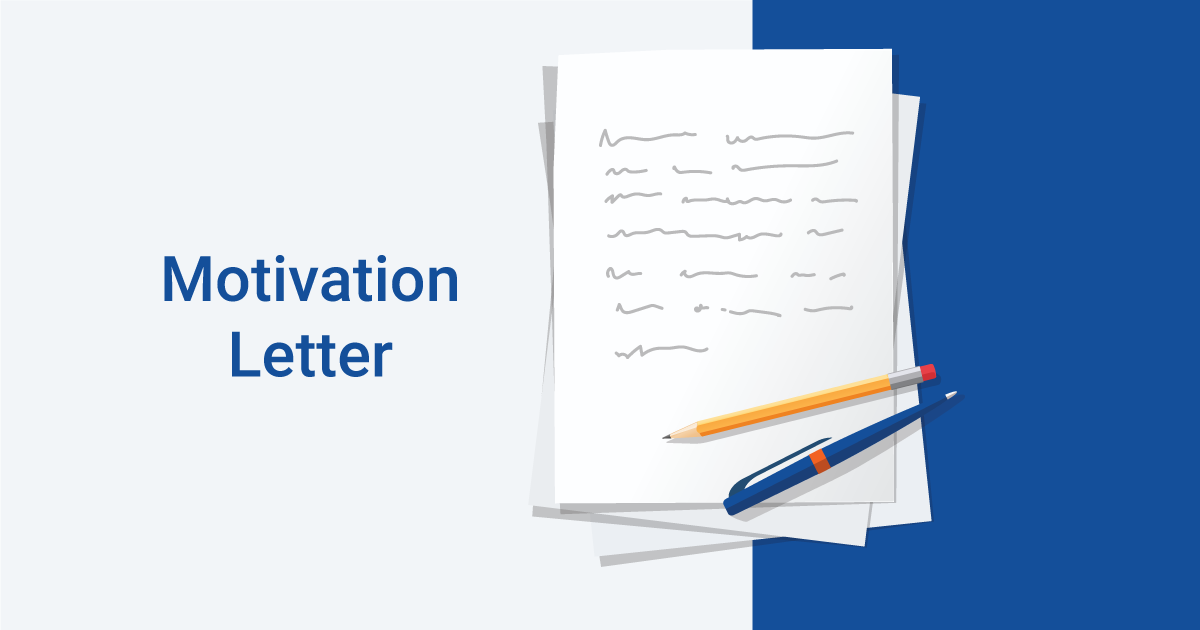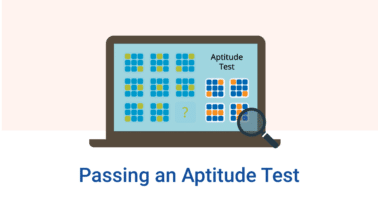Your cover letter is the recruiter’s first impression of you, and as such is an integral and vital part of the job application process. A high-quality cover letter will ensure that your CV is noticed, and will set you apart from the bulk of competition.
Before writing a Cover letter, a few things should be done:
Analyze Yourself: Consider what you have to offer and what skills/ qualifications are relevant to the position and organization.
Analyze the Advertisement: Take note of the description of the work, not simply the job title. Assume that the duties outlined are the ones the employer considers most important and think about how to link your skills and experience directly to them. Always keep the employer’s needs in mind and don’t mention items that are irrelevant to the position.
Note the Qualification Listed: Consider how your qualifications match this list, and if they do not exactly fit, think about how or why you feel your qualifications would be relevant.
Writing the Cover Letter
Introduction (1-3 sentences):
- Name the job for which you are applying and tell how you learned about it
- State that you are qualified to do the job based on your background (give the employer a sense of your confidence in your own abilities)
- State that you are very interested in the job or the organization and indicate a specific or unique reason why this job or organization appeals to you, which in turn shows that you have done some research – keep this brief)
Body (1-3 paragraphs):
- Determine what you are going to discuss in terms of your education, work/volunteer experience, skills, interests, personality and beliefs (focus on the ones which address the job’s most important requirements)
- Subdivide the body into sections – one possibility is: first paragraph describes what you have to offer, the second describes your interest in and knowledge about the organization
- State the skills/strengths you will bring to the job (address all those asked for in the job advertisement) and include examples or descriptions of how you have acquired and demonstrated each skill/strength
- Explain how the skills/strengths you mention would be useful in the new position
- When including an example of your abilities be specific to allow the employer to visualize what you have done and can do (quantify: how long did you do it, how much responsibility did you have, what techniques did you use and why were they useful?)
Conclusion (1-3 sentences):
- If your body section is more than one paragraph, restate that you are qualified to do the job, but make this sentence different from the one in your opening paragraph
- Thank the employer for taking the time to consider your application
- State that you would like to meet in person to further discuss the job and your qualifications or that you hope to hear from them soon
- You may also want to tell the employer where and when you can be contacted if they require further information.
A few more tips…
- Avoid using Sir or Madam, rather take the time to find out the name of the HR Officer or relevant manager within the company, or use the contact’s name if this is present on the job you’ve seen advertised
- Always check for any spelling mistakes, odd grammar or bad punctuation. Check twice, even three times mistakes such as these are sure to create a bad impression straight away
- Avoid waffling. Your letter should be brief and concise. All details are already included in your CV, and the reader will be put off if your letter is too lengthy
- Always sell yourself, within reason, on the specific requirements mentioned in the advert, demonstrating why you are suited to the job in question
- Avoid fancy fonts and formats, and always make sure the font is of a standard size
- Always make sure your contact details are up to date, and correct





